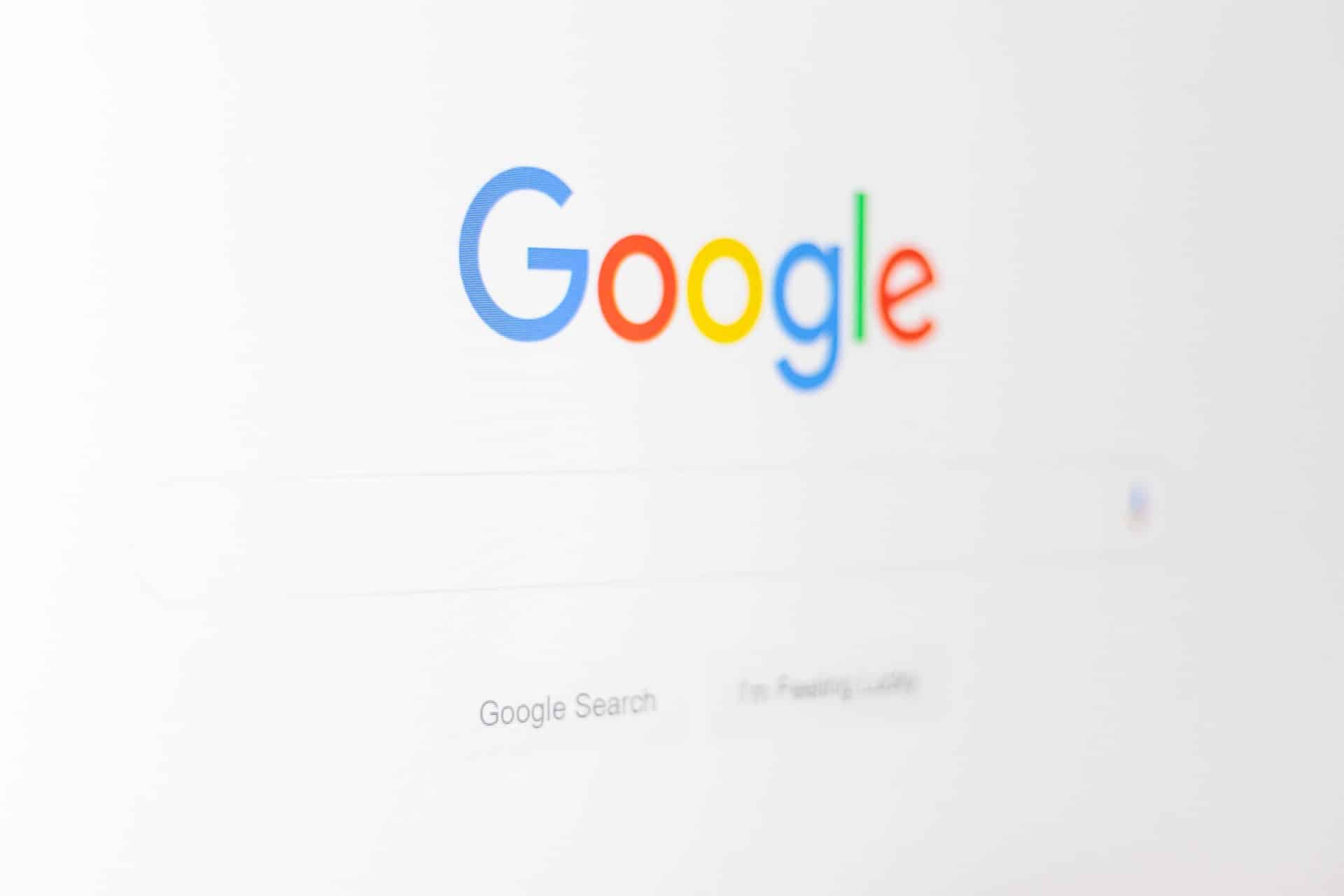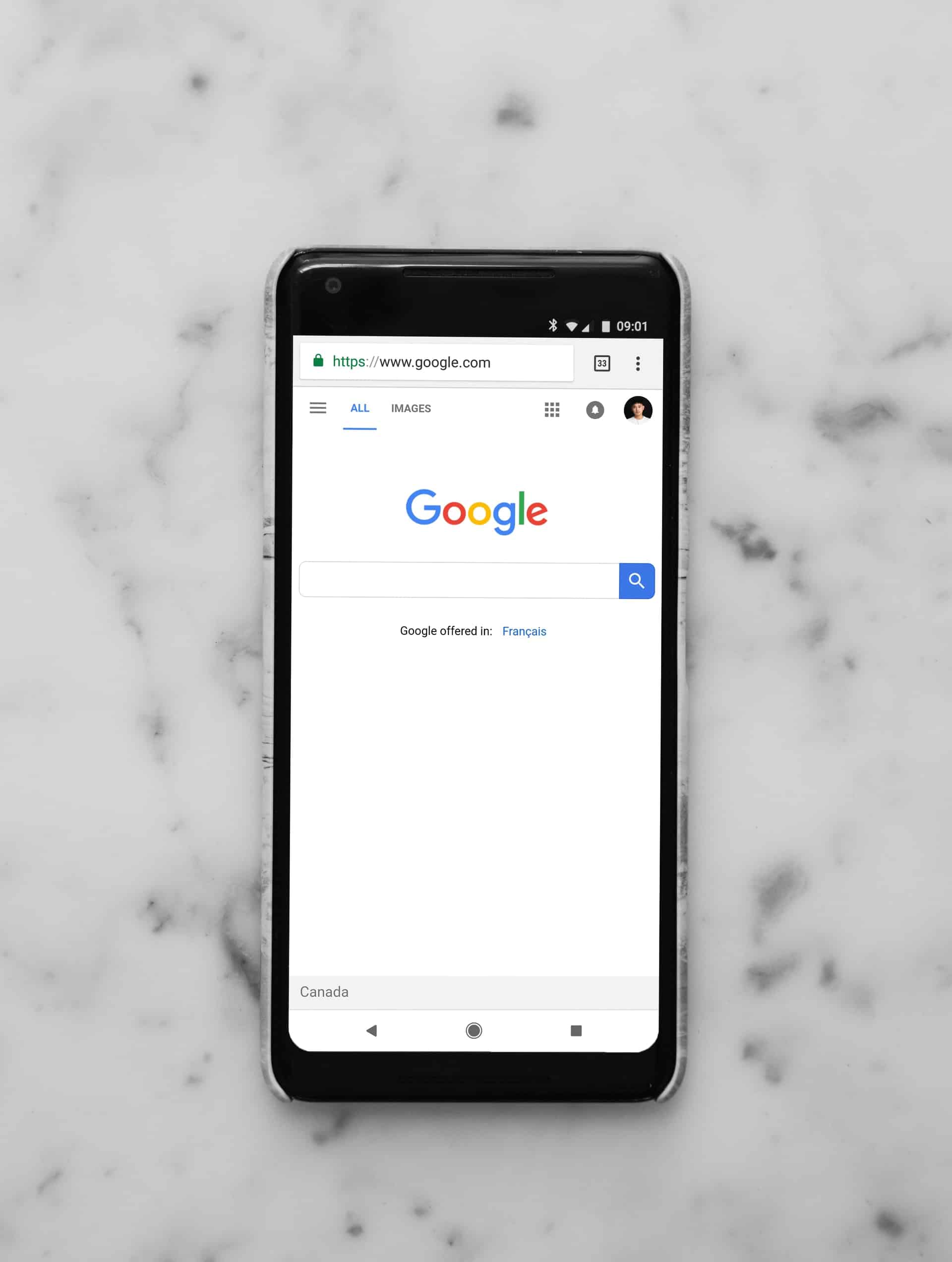It’s 2021 and unless you’re living under a rock, chances are you’ve already developed a concrete search engine optimization (SEO) strategy for your website. You’ve identified your target keywords and are all set to incorporate those into your blog posts. Also, you’ve started reaching out to other websites for link-building opportunities.
Whether you’re a marketer, website owner, or entrepreneur, SEO can play a key role in driving website traffic and skyrocketing your revenue. But implementing an SEO strategy isn’t as simple as stuffing a bunch of keywords into your content or buying a ton of backlinks from other websites.
Here’s the thing – the internet has evolved into a fiercely competitive space. With more than 1.8 billion websites, even the best SEO strategy might fail to get you the right traffic. That’s why it is essential to watch out for the most common SEO mistakes marketers and business owners often make.
In this blog, we’ve compiled a list of the top SEO mistakes you should avoid in 2021. Let’s take a look.
IMAGE: UNSPLASH
1. Not Defining Your SEO Goals
If you run a marketing campaign without knowing its ultimate purpose, it’s not going to yield the right results. This is applicable to your SEO strategy as well. Unless you define clear and measurable goals, it’ll become difficult for you to monitor your strategy and evaluate its performance.
It’s essential to understand that amplifying organic website traffic isn’t the only objective of using SEO. When judiciously implemented, it can help you generate qualified leads and even drive sales. Also, your SEO goals will influence various factors, including the target keywords and content topics you select.
It’s a good idea to use the SMART approach to set goals that are:
- Specific
- Measurable
- Attainable
- Realistic
- Time-bound
2. Ignoring Search Intent
Keyword density is no longer as critical for SEO success as keyword relevance. This means if a web page doesn’t satisfy the search intent associated with a particular keyword, it won’t grab a top spot in search engine results pages (SERPs).
It’s because search engines always strive to provide their users with a seamless and meaningful search experience. This, in turn, means they have an affinity towards websites that fulfill the search intent behind a keyword.
Simply put, search intent refers to the reason a user enters a specific search query. For instance, when someone types “Instagram marketing” into Google’s search bar, they want to learn more about the subject. The search intent associated with this keyword is informational.
But when a user searches for “Instagram marketing services”, they likely want to hire a freelancer or agency to promote their brand/product on Instagram. This keyword has a commercial intent associated with it.
Understanding the distinction between different types of search intent is crucial for targeting the right traffic. Also, it’ll help you better satisfy your audience’s needs and boost website engagement metrics. This, in turn, will further skyrocket your website’s search engine ranking.
3. Focusing on Link Quantity Over Quality
Backlinks are the lifeblood of off-page SEO. But this doesn’t mean buying suspicious and low-quality backlinks in bulk will help you climb to the top of SERPs. Instead, it could get your website penalized and even banned from search engine results altogether.
That’s why it is a good idea to focus on attracting genuine, high-quality backlinks from authoritative websites in your niche. Start by publishing groundbreaking original content, such as thought leadership articles, whitepapers, and case studies. It’ll compel other bloggers and authors to use your content as a reference and add a backlink to your website.
Likewise, you should reach out to other authoritative blogs in your niche for potential guest posting opportunities. It’s a good idea to check your competitors’ inbound link profiles and find the websites/domains that are adding backlinks to their websites.
You could also consider hiring a professional link-building service, such as SpicyPepper.io (https://www.spicypepper.io). They’ll help you connect with vetted and high-authority websites to explore link-building opportunities. This is particularly crucial if you spend most of your time and energy on off-page SEO and don’t have the time to work on backlink building.
4. Not Using the Right Tools
If you’ve tried building an SEO strategy, you’d know that it involves complex steps, such as competitor analysis, site audit, keyword research, etc. Manually executing every step will be time-consuming and inefficient. Also, it’s going to impact the overall performance of your SEO strategy.
The good news is that today’s marketers have access to a plethora of cutting-edge tools for every step of SEO. Whether you want to check your site speed and responsiveness or identify the keywords your competitors are targeting, you’ll find a treasure trove of useful tools.
It’s essential to build a robust SEO toolkit using various software, such as keyword explorers, backlink checkers, website analytics tools, etc. Apart from increasing speed and efficiency, you get access to a wealth of useful data that’ll help you optimize your SEO strategy even further.
What lesson have you learned from the SEO mistakes you’ve made in the past? Share your experience in the comments section below.
If you are interested in even more technology-related articles and information from us here at Bit Rebels, then we have a lot to choose from.


COMMENTS